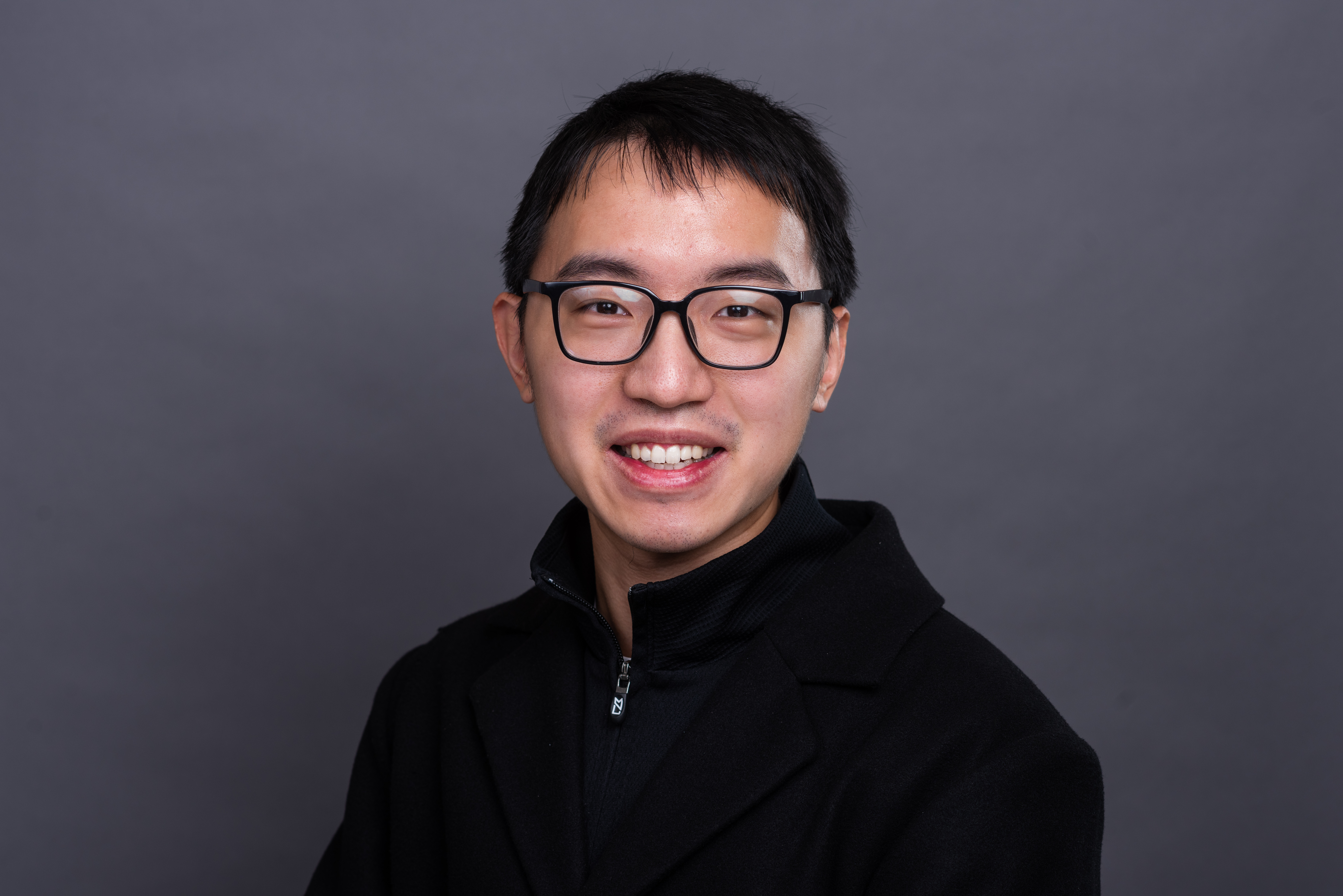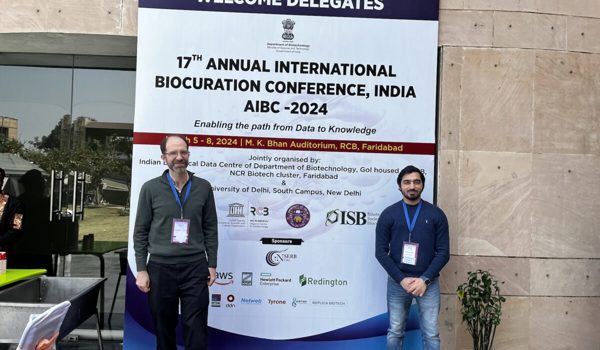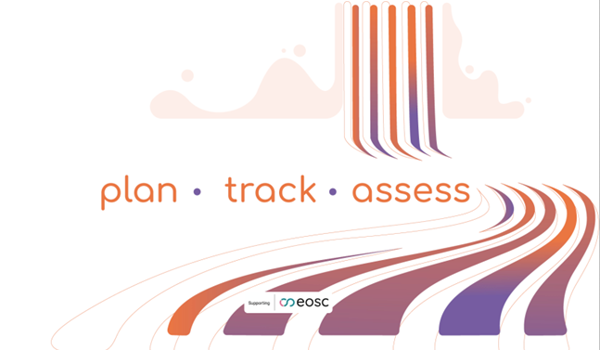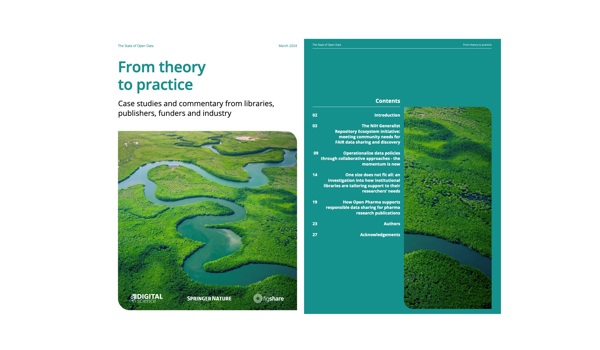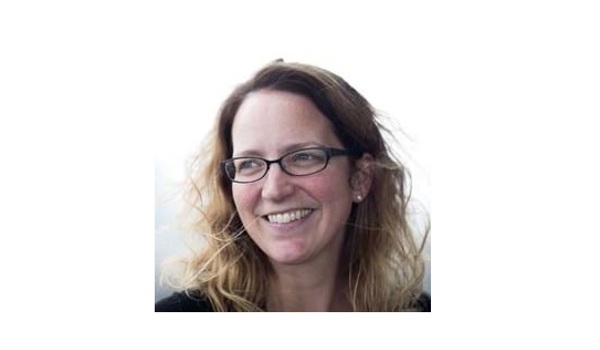20 Feb 2023
NeEDS met
Under a Horizon 2020 Programme, Network of European Data Scientists (NeEDS) offers travelling scholarships for researchers at the University of Oxford to work with European companies on industrial data science problems
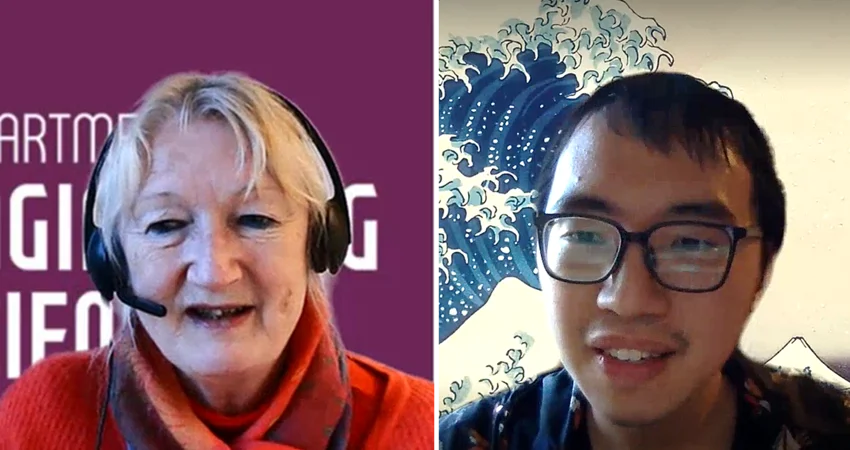
We talked to Yuanzhe Jin, a DPhil student researching visualization support for machine learning workflows at Oxford e-Research Centre. Yuanzhe has recently returned from a two month placement with Statistics Netherlands, a Dutch governmental institution that transforms data into statistical information about the Netherlands. He enjoyed his time there very much and found it hugely beneficial.
Why did you go to Statistics Netherlands?
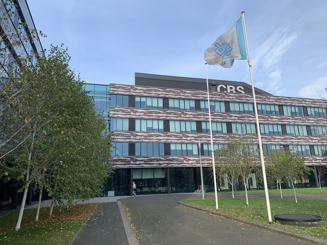
Statistics Netherlands is a great environment for data scientists and machine learning researchers because they deal with very large amounts of data, and they actively work and report on the problems they face. For example they had a problem related to the training data in one of their machine learning workflows. My job was to develop a software tool with a user interface and visualization facilities that would help them solve their data-related problem.
When you say you’re ‘working with data’ what does ‘data’ mean?
Their project involves data collected from wearable devices which record people’s daily physical activities in order to understand their movement. This kind of data needs to be analysed using machine learning models that can differentiate for example between walking and cycling.
What was it that was so beneficial for you?
It was very rewarding for me because I was able to help them solve a problem with their model. It was important for me to listen to their needs and I was able to make a positive contribution to their work.
The experience helped me see my work from a different angle. Data scientists see things differently than machine learning engineers. As a machine learning researcher, I began to think about the most effective size of training data, which I had never done before. In machine learning, people always try to use more data to train a better model, but actually we need to keep a balance between the data size and the cost of collecting the data
You obviously enjoyed yourself in the environment there. What was good about that?
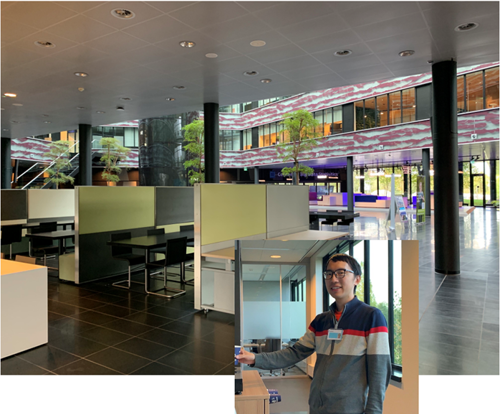
It was my first visit to the Netherlands, I like the country. It’s very friendly to the cyclist, very convenient, wide cycle lanes and environmentally friendly. The food was very good too.
The working environment was different. Here in Oxford we stay in the same place and work with the same colleagues, but there you can go to another office and say “I would like to sit here and talk with the people working here.” It’s a very convenient way for the visitors to exchange their ideas and communicate with each other.
I talked with many researchers with rich experience. They were very friendly and they really want you to present your research to them and ask them to help you so everyone can benefit. I think I need to speak more so more people can be involved
Did it help with your studies here?
Yes, because when I finished my first year’s work on machine learning model testing, I needed to find a project to begin my second year. So when they proposed the problems they had with their models, I could bring their issues into my research and this experience really helped my second year’s project.
Is accepting this kind of assignment abroad something that you would recommend to people over here if they have the chance?
Yes, that’s right, I would encourage my colleagues if they have a chance they can go not only to the Netherlands because this programme has many other different institutes. You will meet different people, they will offer you different angles on your problems and they may provide their solutions. It always opens your mind when you see a different environment and listen to other people’s opinions. If I have another chance I will do it again.
I would like to thank my professor Min Chen because he went with me to the Institute. I am very grateful that he gave me this opportunity. I would also like to express my great appreciation to my host institute, Statistics Netherlands and many colleagues there, including Martijn Tennekes who visited us in Oxford from 2019 to 2020.
Want to know more?
- Find out about and apply for NeEDS Opportunities at Oxford e-Research Centre
- NeEDS - Network of European Data Scientists
- Horizon 2020 - The EU framework programme for research and innovation
- Horizon Europe – the EU’s research and innovation finding process 2021-2027

